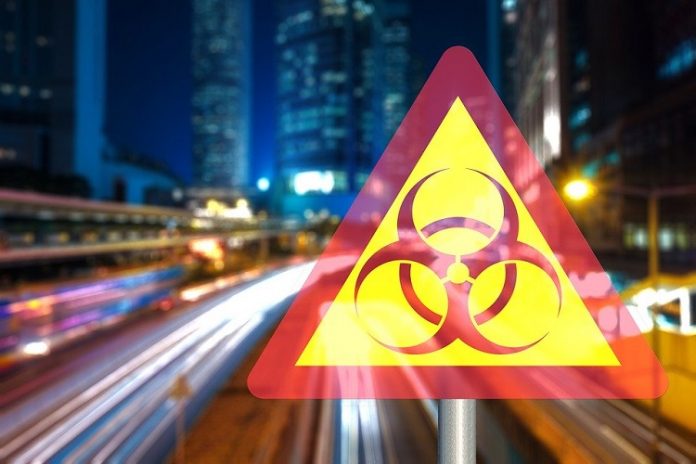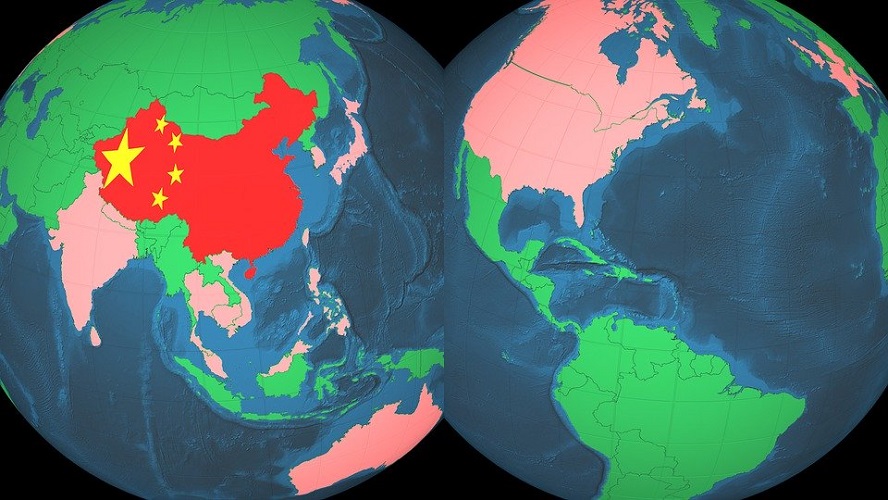2The WHO

The World Health Organization (the WHO) officially designated the COVID-19 outbreak as “a global health emergency” on January 30, of this year.
Keep Yourself Current
The current global coronavirus situation is changing rapidly. If you choose to travel you should check with the CDC (Centers for Disease Prevention) and the previously-mentioned World Health Organization for the latest developments.
The Spread Of The COVID-19
COVID-19 is presently believed to have originated in the city of Wuhan in China. It has since gone on to infect people across the globe. Mainland China remains the epicenter of the virulent virus, with almost 77,000 confirmed cases as this goes to press.
Indeed, some sources suggest that Chinese officials have not been providing accurate data. Only last month they upped the count by close to 800 cases in one day. Over 30 other countries and territories have somewhere between one and 218 confirmed cases.
The list includes Australia, Belgium, Cambodia, Canada, Finland, France, Germany, India, Italy, Japan, Malaysia, Nepal, the Philippines, Russia, Singapore, South Korea, Spain, Sri Lanka, Sweden, Taiwan, Thailand, the United Arab Emirates, United Kingdom, the United States of America, and Vietnam. As this is being written, almost 1,400 people have died from COVID-19, mainly in China.
Symptoms of COVID-19
COVID-19 has three main symptoms. They are cough, fever and noticeable shortness of breath. Some speculate that one reason why the numbers seem to fluctuate so quickly is due in part to the fact that a number of the additional symptoms are comparatively mild and some individuals infected with the virus may not display any indication of being ill at all.
In extreme cases, which usually happens in individuals who have immune systems that are weakened, like the elderly or ill, a respiratory infection can be followed by organ failure, pneumonia, or even death. COVID-19 is presently said to be spread from one human to another via close contact. There is an incubation period that reportedly ranges from two days to two weeks. At present, there is no antiviral treatment, vaccine, or cure.
Individuals infected with the coronavirus but are free of any underlying complications will probably recover assuming they get plenty of rest and fluids. Should you believe that you have any signs of respiratory illness, remain at home, be sure to always cover your nose and mouth when sneezing or coughing, wash your hands often, and be sure to thoroughly clean and sanitize all frequently-touched surfaces. Most importantly, be sure to see your personal physician if you have recently been to China and are showing any of the previously-mentioned symptoms.

Protecting Yourself From The Coronavirus
You may have already seen travelers wearing masks. Unfortunately, masks are not guaranteed to prevent anyone from contracting the coronavirus. Masks should definitely be worn by anyone who is sneezing and coughing.
However, because they might help prevent the spread of any sickness from a common cold to COVID-19. If you are healthy but are in frequent direct contact with anyone infected, you should wear a mask. Washing your hands with an alcohol-based hand sanitizer or soap and water is said to be critical in the prevention of the spread of COVID-19.
(Continued on next page)











